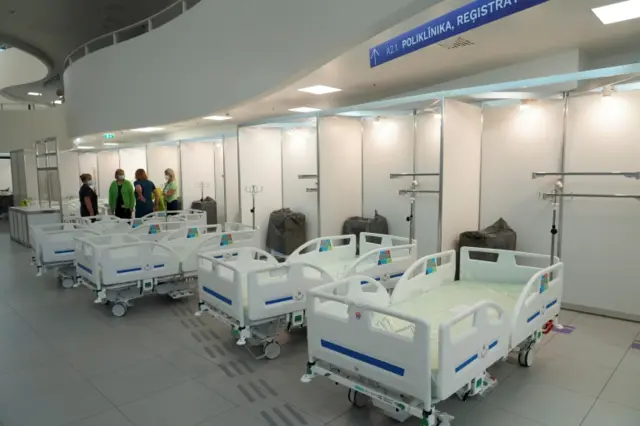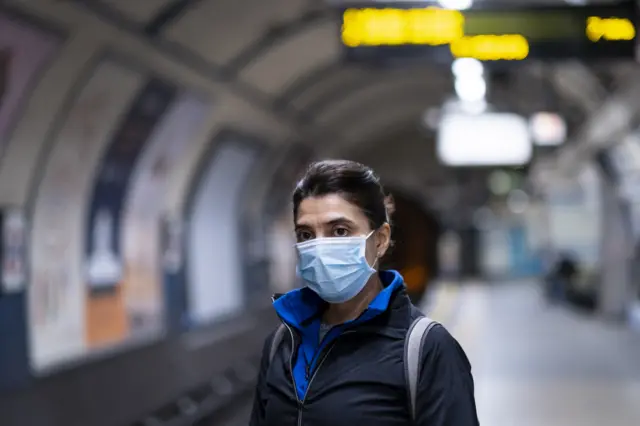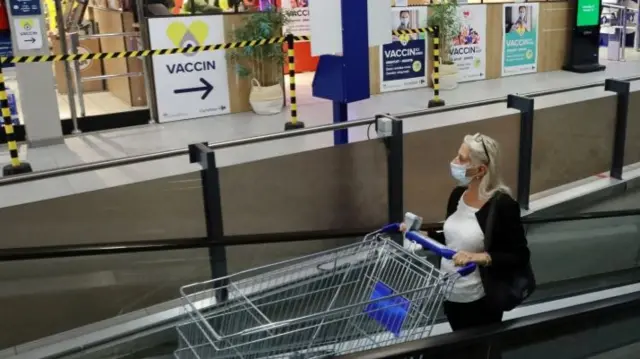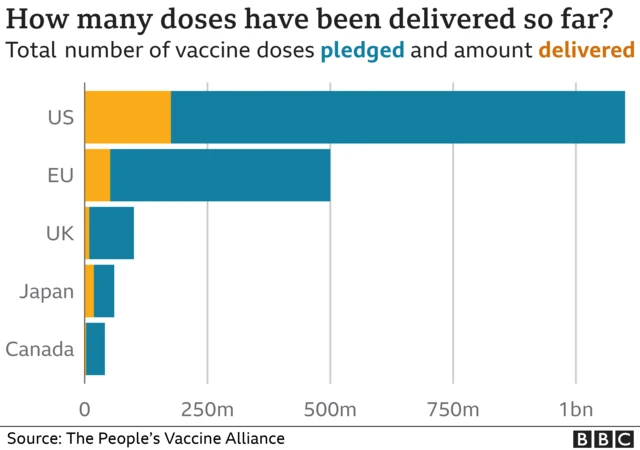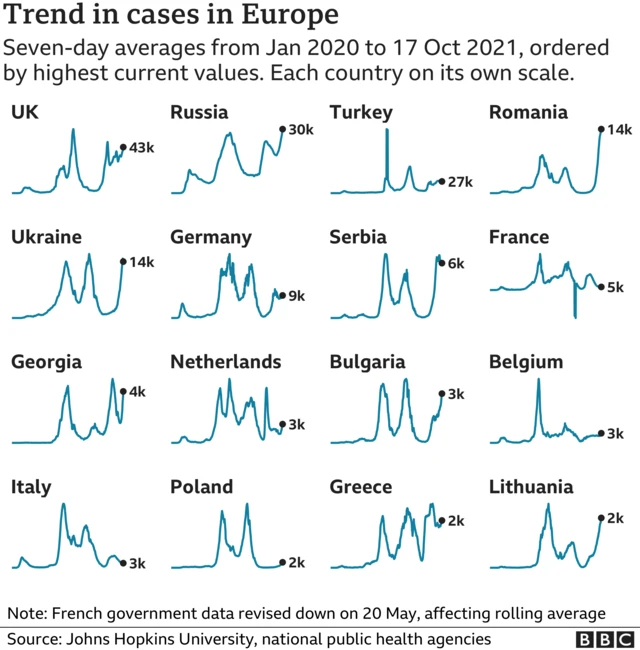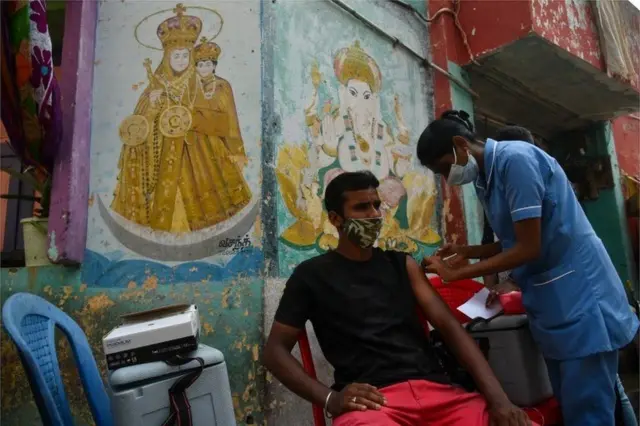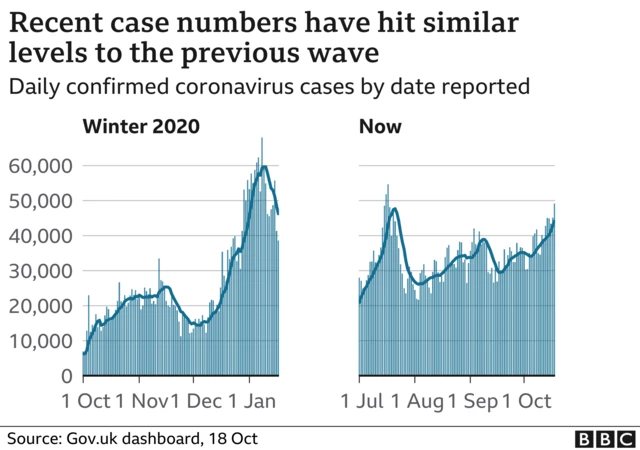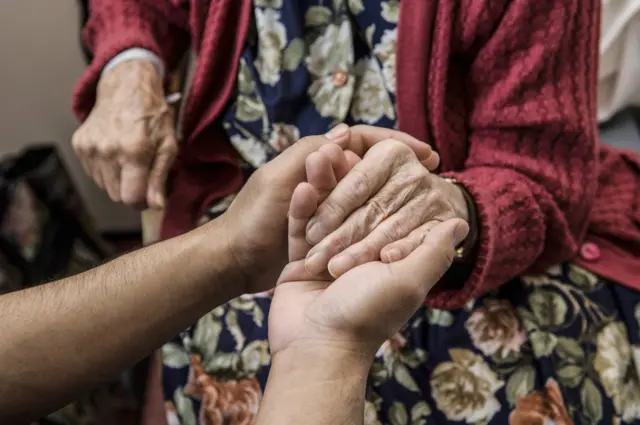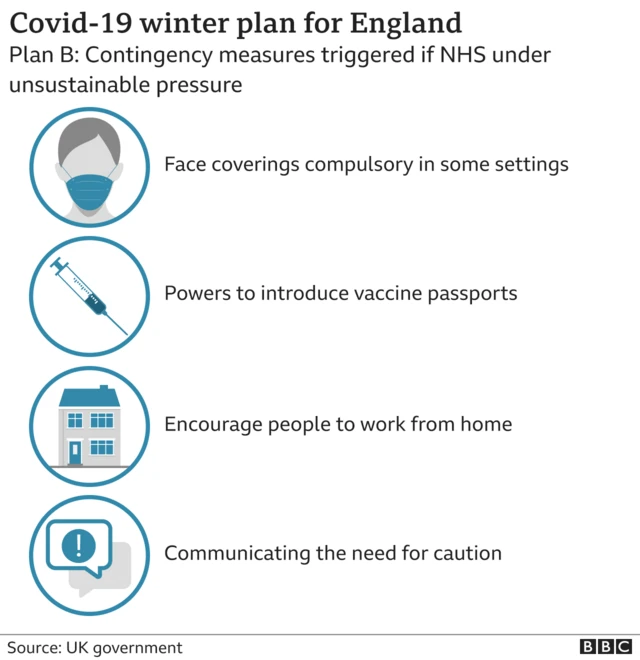Your views on the current Covid situationpublished at 13:30 BST 21 October 2021

What's your reaction to the increase in Covid cases? How do you feel about current restrictions? Where do you stand when it comes to wearing masks in public?
We'd like to hear from you.
You can get in touch by emailing: haveyoursay@bbc.co.uk, external.
- Please include a contact number if you are willing to speak to a BBC journalist. You can also get in touch in the following ways:
- WhatsApp: +44 7756 165803
- Tweet: @BBC_HaveYourSay, external
- Please read our terms & conditions and privacy policy
In some cases a selection of your comments and questions will be published, displaying your name and location as you provide it unless you state otherwise. Your contact details will never be published.
